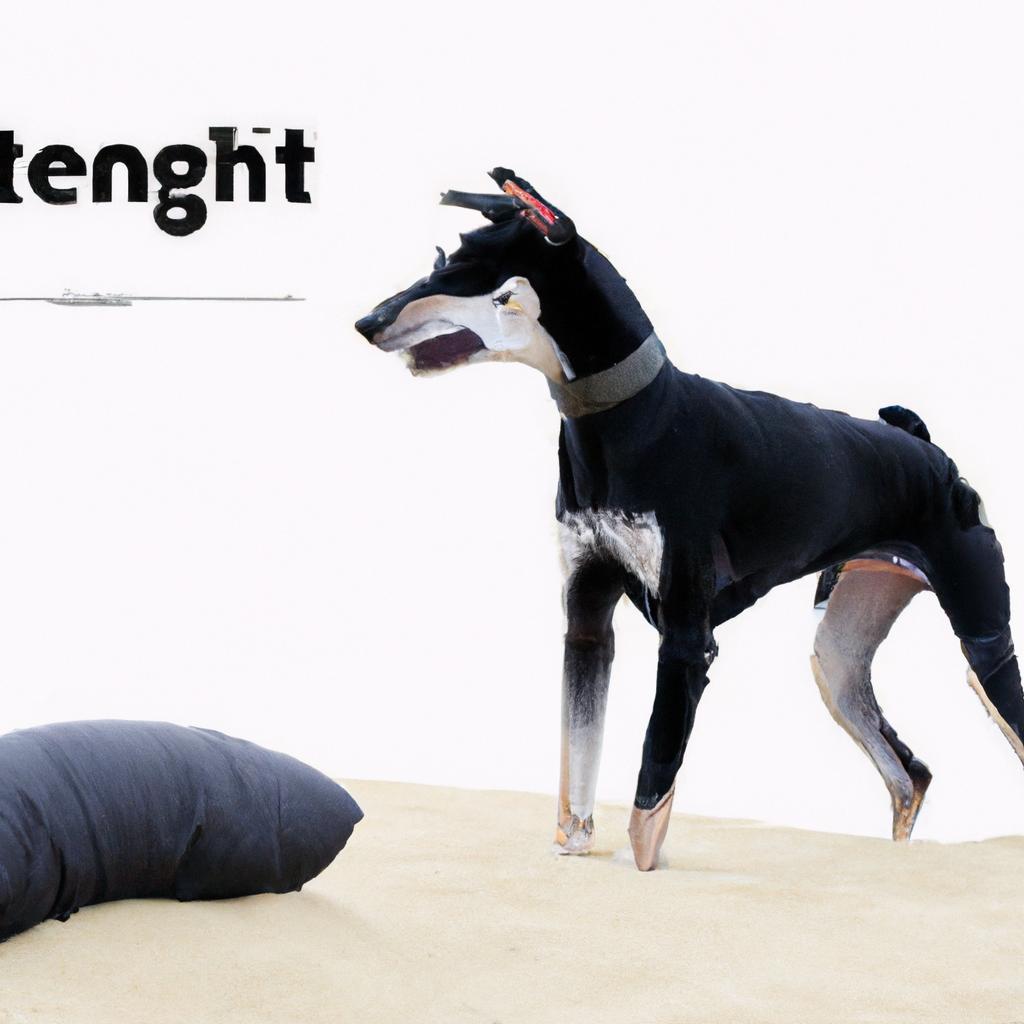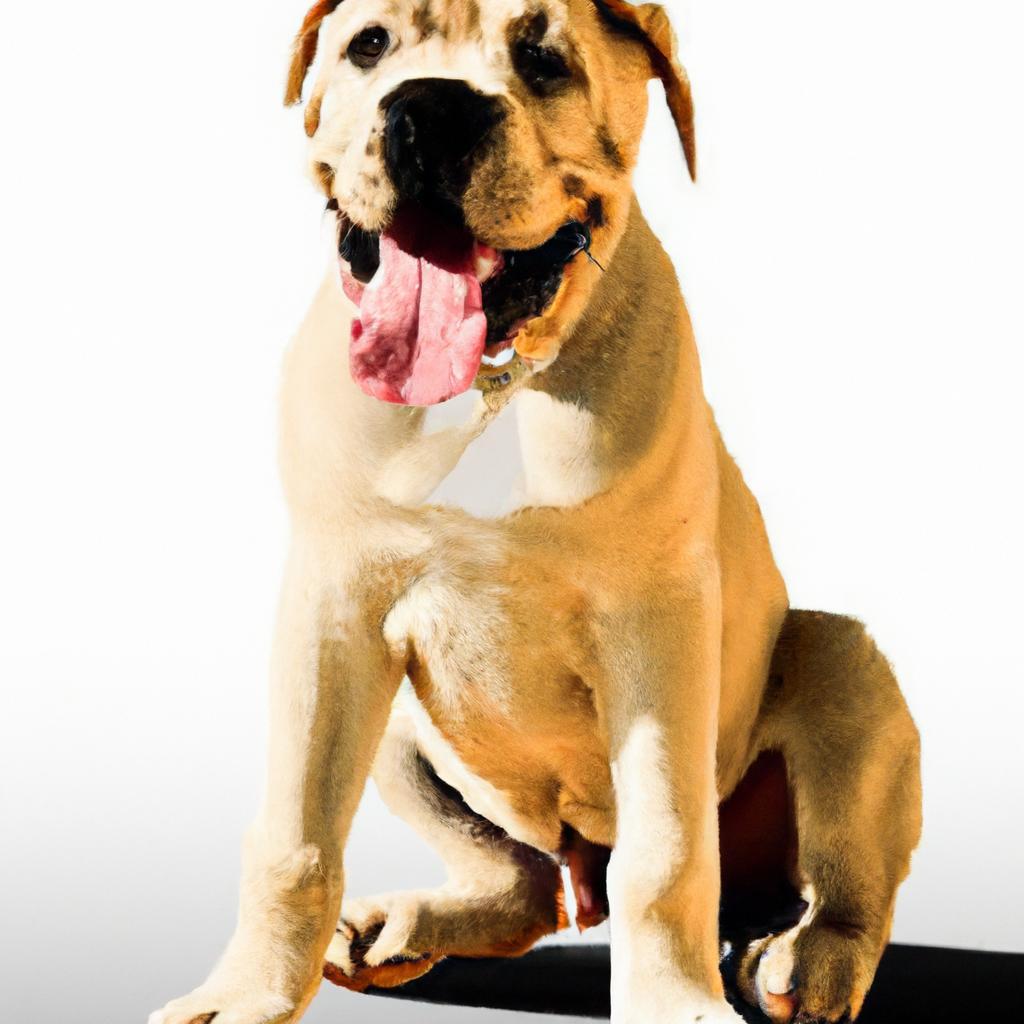In a quaint neighborhood, a family faced a dilemma: which dog would bring joy to their home? They considered the energetic Labrador, known for its playful spirit, and the gentle Golden Retriever, famous for its loyalty. After much deliberation, they chose a Beagle. With its curious nature and affectionate demeanor, the Beagle quickly became the heart of the family, bringing laughter and companionship. The best dog to own isn’t just about breed; it’s about finding a loyal friend that fits your lifestyle. Choose wisely, and you’ll discover a bond that enriches your life.
Contents
- Understanding Your Lifestyle and Its Impact on Dog Selection
- Evaluating Temperament and Trainability for a Harmonious Home
- Exploring Size and Space Considerations for Optimal Living Conditions
- Assessing Health and Maintenance Needs for Long-Term Commitment
- Q&A
Understanding Your Lifestyle and Its Impact on Dog Selection
Choosing the right dog for your home is not merely about aesthetics or popularity; it’s a reflection of your lifestyle and daily routine. **Active individuals** or families who enjoy outdoor activities may find joy in breeds that thrive on exercise, such as Labrador Retrievers or Border Collies. These dogs not only require physical stimulation but also benefit from mental challenges, making them perfect companions for those who lead an energetic lifestyle.
On the other hand, if your life is more **sedentary or busy**, a lower-energy breed might be a better fit. Breeds like the Bulldog or Basset Hound are known for their calm demeanor and can adapt well to apartment living or less active households. They require less exercise and are content with leisurely walks, making them ideal for individuals who may not have the time or energy for extensive playtime.
Consider your **living situation** as well. If you reside in a small apartment, a smaller breed such as a French Bulldog or a Pug may be more suitable. These dogs can thrive in limited spaces and often require less exercise than larger breeds. Conversely, if you have a spacious home with a yard, larger breeds like Golden Retrievers or German Shepherds can enjoy the freedom to roam and play, enhancing their overall happiness and well-being.
Lastly, think about your **family dynamics**. If you have young children or other pets, selecting a breed known for its friendly and tolerant nature is crucial. Breeds like Beagles or Cavalier King Charles Spaniels are often great with kids and can coexist peacefully with other animals. Understanding the interplay between your lifestyle, living situation, and family needs will guide you toward the perfect canine companion that fits seamlessly into your life.
Evaluating Temperament and Trainability for a Harmonious Home
When considering the ideal canine companion, evaluating a dog’s temperament and trainability is crucial for ensuring a harmonious living environment. Different breeds exhibit varying personality traits, which can significantly impact their compatibility with your lifestyle. For instance, some dogs are naturally more sociable and adaptable, making them excellent choices for families or individuals who frequently entertain guests. Others may possess a more reserved demeanor, thriving in quieter settings where they can form deep bonds with their owners.
Trainability is another essential factor to consider. A dog that is eager to learn and responds well to commands can make the training process enjoyable and rewarding. Breeds known for their intelligence and willingness to please, such as **Labrador Retrievers**, **Golden Retrievers**, and **Poodles**, often excel in obedience training. On the other hand, some breeds may require more patience and consistent reinforcement, which can be a challenge for first-time dog owners. Understanding the specific training needs of a breed can help you prepare for a successful partnership.
Moreover, a dog’s energy level plays a significant role in its temperament. High-energy breeds, like **Border Collies** and **Australian Shepherds**, require ample exercise and mental stimulation to remain happy and well-adjusted. If your lifestyle includes regular outdoor activities or a commitment to daily exercise, these breeds may be a perfect fit. Conversely, if you prefer a more laid-back lifestyle, consider breeds that are known for their calm demeanor, such as **Bulldogs** or **Basset Hounds**, which can thrive in a more relaxed environment.
Ultimately, the key to a successful dog-owner relationship lies in aligning the dog’s temperament and trainability with your personal preferences and lifestyle. By carefully assessing these traits, you can choose a breed that not only fits seamlessly into your home but also enhances your daily life. Remember, a well-matched dog can bring immeasurable joy and companionship, making the effort of finding the right one truly worthwhile.
Exploring Size and Space Considerations for Optimal Living Conditions
When considering the ideal canine companion, understanding the size and space requirements of different breeds is essential for ensuring a harmonious living environment. Larger dogs often require more room to roam and play, making them better suited for homes with ample outdoor space. Conversely, smaller breeds can thrive in compact living situations, such as apartments or smaller homes, where their exercise needs can be met with regular walks and indoor playtime.
**Assessing your living space** is crucial in determining which dog breed aligns with your lifestyle. For instance, if you reside in a bustling urban area, a breed known for its adaptability to confined spaces, such as a French Bulldog or a Cavalier King Charles Spaniel, may be ideal. These breeds not only fit comfortably in smaller areas but also tend to have lower exercise requirements, making them perfect for busy city dwellers.
On the other hand, if you have access to a backyard or live in a suburban setting, you might consider larger breeds that thrive in open spaces. Breeds like Golden Retrievers or Labrador Retrievers are known for their friendly nature and love for outdoor activities. They require regular exercise and enjoy having room to run, making them excellent companions for active families or individuals who appreciate outdoor adventures.
Ultimately, the key to selecting the right dog lies in **matching the breed’s needs** with your living conditions. By carefully evaluating your space and lifestyle, you can ensure that your new furry friend will not only be comfortable but also flourish in their environment. This thoughtful approach will lead to a more fulfilling relationship between you and your canine companion, enhancing both your lives in the process.
Assessing Health and Maintenance Needs for Long-Term Commitment
When considering the best dog for your lifestyle, it’s essential to evaluate the health and maintenance needs of various breeds. Different dogs come with distinct requirements that can significantly impact your long-term commitment. For instance, some breeds are prone to specific health issues, such as hip dysplasia or respiratory problems, which may necessitate frequent veterinary visits and specialized care. Understanding these potential health concerns can help you make a more informed decision about which breed aligns with your capacity for care.
In addition to health considerations, grooming and exercise needs play a crucial role in the overall maintenance of your dog. Certain breeds, like the Poodle or the Shih Tzu, require regular grooming to keep their coats healthy and free of mats. On the other hand, high-energy breeds such as the Border Collie or Labrador Retriever demand ample exercise and mental stimulation. If your lifestyle is more sedentary or you have limited time for daily walks and play, opting for a lower-energy breed may be more suitable.
Moreover, it’s vital to consider the age of the dog you wish to adopt. Puppies often require extensive training and socialization, which can be time-consuming and demanding. Conversely, adult dogs may come with established behaviors and training, potentially easing the transition into your home. However, older dogs may also have existing health issues that could require ongoing management. Assessing your readiness to handle these varying needs is crucial for ensuring a successful long-term relationship.
Lastly, financial considerations cannot be overlooked. The costs associated with dog ownership extend beyond the initial purchase or adoption fee. Regular veterinary check-ups, vaccinations, grooming, and quality food can add up over time. Additionally, unexpected health issues can lead to significant expenses. By realistically evaluating your budget and the potential financial commitment required for different breeds, you can choose a dog that fits not only your lifestyle but also your financial capacity for care.
Q&A
-
What factors should I consider when choosing a dog?
When selecting the best dog for your lifestyle, consider the following factors:
- Size: Larger breeds may require more space and exercise.
- Temperament: Different breeds have varying energy levels and personalities.
- Grooming needs: Some dogs require regular grooming, while others are low-maintenance.
- Allergies: If you or someone in your home has allergies, consider hypoallergenic breeds.
-
Are certain breeds better for families?
Yes, some breeds are particularly well-suited for family life. Look for breeds known for their friendly and gentle nature, such as:
- Golden Retrievers
- Labrador Retrievers
- Beagles
- Bulldogs
-
What is the best dog for first-time owners?
For first-time dog owners, consider breeds that are known for their ease of training and adaptability. Some excellent choices include:
- Poodles
- Boxers
- Cavalier King Charles Spaniels
- Shih Tzus
-
How do I determine if a dog is right for my lifestyle?
Assess your daily routine, activity level, and living situation. Ask yourself:
- How much time can I dedicate to training and exercise?
- Do I have enough space for a dog?
- Am I prepared for the financial responsibilities of dog ownership?
- What is my family’s activity level?
By answering these questions, you can better identify the breed that aligns with your lifestyle.
the best dog for you is one that aligns with your lifestyle, needs, and preferences. By considering factors like temperament, size, and energy levels, you can find a loyal companion that enriches your life. Choose wisely, and enjoy the journey!

大家好,我是彼得潘,專業的手法身體治療師。我喜歡探索和研究各種主題,並透過與人工智慧的合作分享專業、實用、有趣的文章。我們定期進行人工審核,以確保內容的準確性。如果您發現文章中有任何不準確的地方,請隨時與我們聯繫,我們會及時糾正。您可以透過 [email protected] 與我們聯繫。



